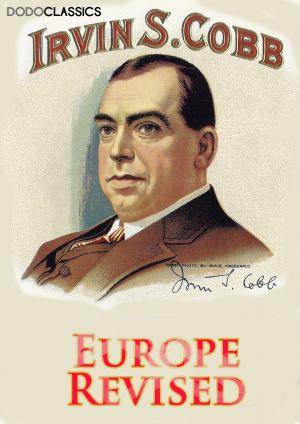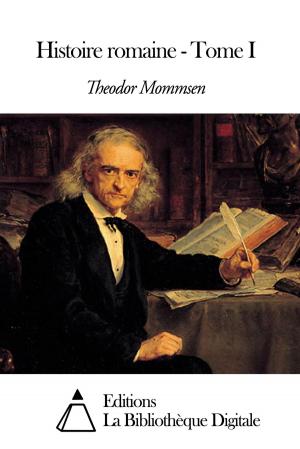| Author: | Coningsby Dawson | ISBN: | 9781634612326 |
| Publisher: | World War Classics | Publication: | February 14, 2018 |
| Imprint: | Language: | English |
| Author: | Coningsby Dawson |
| ISBN: | 9781634612326 |
| Publisher: | World War Classics |
| Publication: | February 14, 2018 |
| Imprint: | |
| Language: | English |
In 1914, Coningsby Dawson went to Ottawa, saw Sir Sam Hughes, and was offered a commission in the Canadian Field Artillery on the completion of his training at the Royal Military College of Canada, at Kingston, Ontario. "His long training at Kingston had been very severe. It included besides the various classes which he attended a great deal of hard exercise, long rides or foot marches over frozen roads before breakfast, and so forth." In July 1916 he was selected, with twenty-four other officers, for immediate service in France. His younger brothers enlisted in the Naval Patrol, then being recruited in Canada by Commander Armstrong.
Lieutenant Coningsby Dawson joined the Canadian Army at the front in 1916, and continued in service until the end of World War I. He served in the Somme battlefield at Albert, at Thiepval, at Courcelette, and at the taking of the Regina trench. After having been wounded he came twice to the United States (1917, 1918) on lecture tours. In 1918, he investigated for the British Ministry of Information, American military preparedness in France.
The Glory of the Trenches is a record of things deeply felt, seen and experienced—this, first of all and chiefly. The lesson of what is recorded is incidental and implicit. It is left to the discovery of the reader, and yet is so plainly indicated that he cannot fail to discover it. We shall all see this war quite wrongly, and shall interpret it by imperfect and base equivalents, if we see it only as a human struggle for human ends. We shall err yet more miserably if all our thoughts and sensations about it are drawn from its physical horror, "the deformations of our common manhood" on the battlefield, the hopeless waste and havoc of it all. We shall only view it in its real perspective when we recognise the spiritual impulses which direct it, and the strange spiritual efficacy that is in it to burn out the deep-fibred cancer of doubt and decadence which has long threatened civilisation with a slow corrupt death.
In 1914, Coningsby Dawson went to Ottawa, saw Sir Sam Hughes, and was offered a commission in the Canadian Field Artillery on the completion of his training at the Royal Military College of Canada, at Kingston, Ontario. "His long training at Kingston had been very severe. It included besides the various classes which he attended a great deal of hard exercise, long rides or foot marches over frozen roads before breakfast, and so forth." In July 1916 he was selected, with twenty-four other officers, for immediate service in France. His younger brothers enlisted in the Naval Patrol, then being recruited in Canada by Commander Armstrong.
Lieutenant Coningsby Dawson joined the Canadian Army at the front in 1916, and continued in service until the end of World War I. He served in the Somme battlefield at Albert, at Thiepval, at Courcelette, and at the taking of the Regina trench. After having been wounded he came twice to the United States (1917, 1918) on lecture tours. In 1918, he investigated for the British Ministry of Information, American military preparedness in France.
The Glory of the Trenches is a record of things deeply felt, seen and experienced—this, first of all and chiefly. The lesson of what is recorded is incidental and implicit. It is left to the discovery of the reader, and yet is so plainly indicated that he cannot fail to discover it. We shall all see this war quite wrongly, and shall interpret it by imperfect and base equivalents, if we see it only as a human struggle for human ends. We shall err yet more miserably if all our thoughts and sensations about it are drawn from its physical horror, "the deformations of our common manhood" on the battlefield, the hopeless waste and havoc of it all. We shall only view it in its real perspective when we recognise the spiritual impulses which direct it, and the strange spiritual efficacy that is in it to burn out the deep-fibred cancer of doubt and decadence which has long threatened civilisation with a slow corrupt death.















